It takes overseas students a long time to adapt to businesses, possibly due to high self-esteem or lack of practical experience, or low salaries in Vietnam.
The Connect the Dots 2024 career fair, organized by the British Council and the UK Alumni Association in Vietnam (UKAV), on the campus of the University of Economics, Vietnam National University, Hanoi, on January 13, attracted a large number of participants. Most of them were former international students or graduates of joint programs with universities in the UK.
Participating in the recruitment, Ms. Nguyen Thi Hai Thanh, representative of Apac Dao - a group of businesses in the Web3 and Blockchain sector in Asia, said that the biggest advantages of international students are confidence, foreign languages and open-mindedness.
Similarly, Ms. Le Thanh Ngan, Head of Recruitment at FPT Education Organization, commented that candidates returning from abroad have good English and a neat demeanor, while many domestic students are not confident in foreign languages.
The two women assessed that because they study in an international environment, international students are quick-witted, well-connected, have critical thinking, and always look at problems from different perspectives to come up with appropriate solutions.
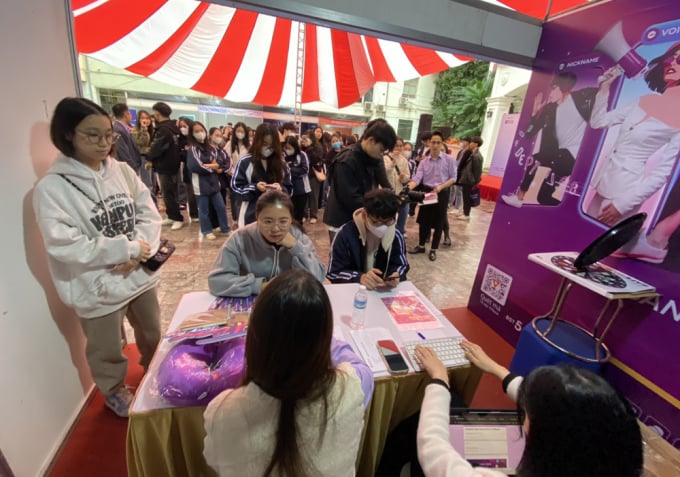
Students ask for information at a bank booth. Photo: Binh Minh
However, when returning home to apply for a job, international students still face many difficulties in adapting.
The first is reverse culture shock. According to Dang Vu Diem Anh, a bachelor of Business Finance at the University of Essex, UK, like many students who have studied abroad for many years, she also encountered a similar situation when she returned to work in Vietnam in 2017.
"In England, there is not much community culture like in Vietnam, which emphasizes privacy," Diem Anh shared. Realizing the difference, she adjusted and found a way to integrate. At this time, Diem Anh realized that community culture brings warmth and care between people.
Second, international students often take longer to adapt to work than domestic students. The reason is that although they are also trained in teamwork, presentation, and internship skills as students, the way businesses and organizations operate abroad is different from Vietnam. Because they are familiar with the environment, domestic graduates know how to communicate and quickly adapt to the working culture, while international students will have to learn to integrate.
Ms. Ngan at FPT Education Organization gives an example of international cooperation jobs that require a lot of English, which international students can do well. But if they are assigned to do administrative work or have to communicate with government agencies, they have almost no experience.
According to her, another reason why some international students have difficulty integrating is because they have a high sense of personal identity and want to hold important positions, instead of working their way up from simple jobs.
"That's why not everyone who studies abroad can easily find a job," Ms. Ngan said, advising international students not to expect too much and to accept normal jobs to have time to study.
Finally, the unsatisfactory salary is also a factor that makes it difficult for international students to find jobs in Vietnam. Two employers said that starting salaries vary from company to company, but they often pay foreign graduates a little more than domestic students, averaging VND13-25 million ($500-$1,000) a month.
Diem Anh admits that this level is very low compared to abroad. She advises international students to research the market to avoid disappointment. In the first years of working, they should spend time contemplating and observing to know where they are and how to develop themselves.
"It's worth it. These things will bring you a lot in the future," said the former international student.
Dawn
Source link








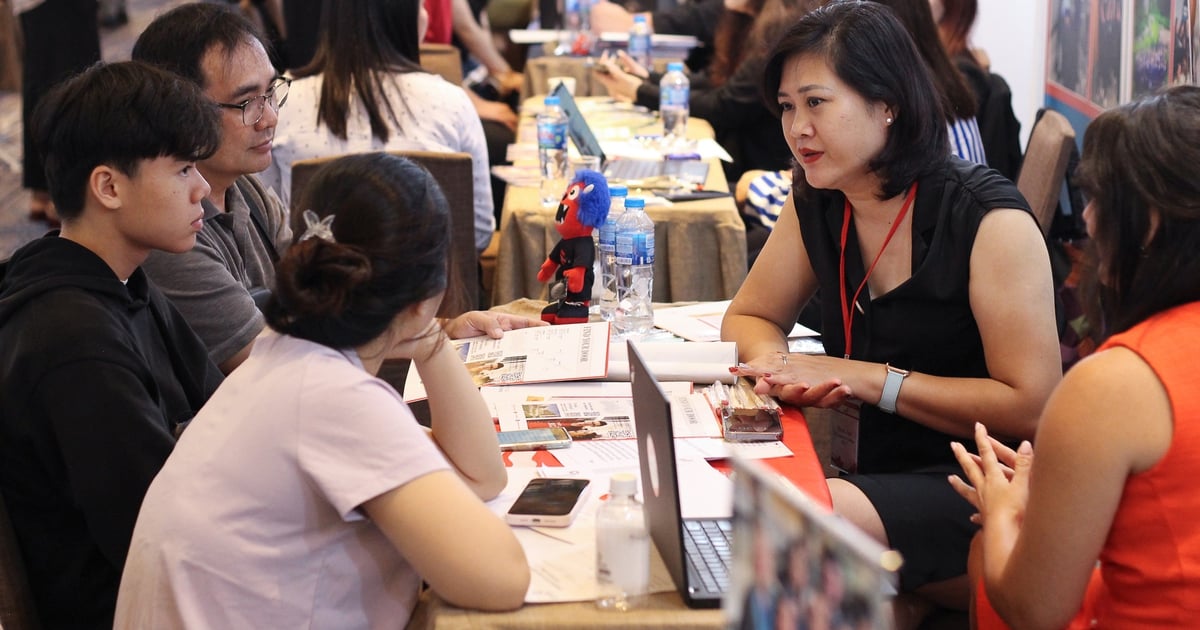

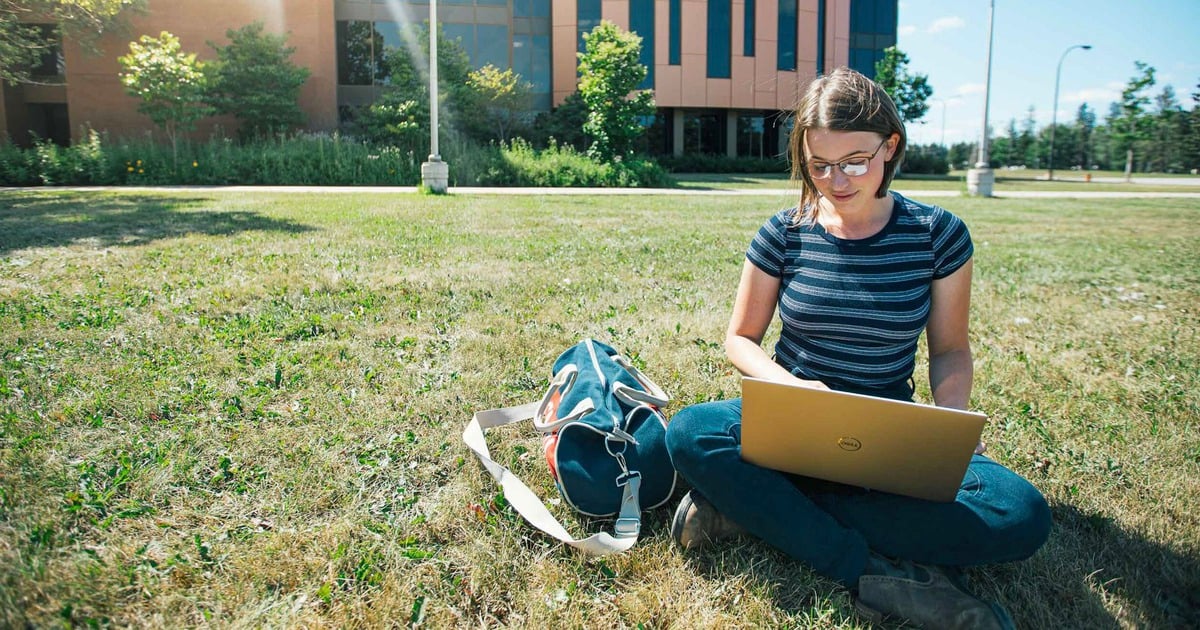
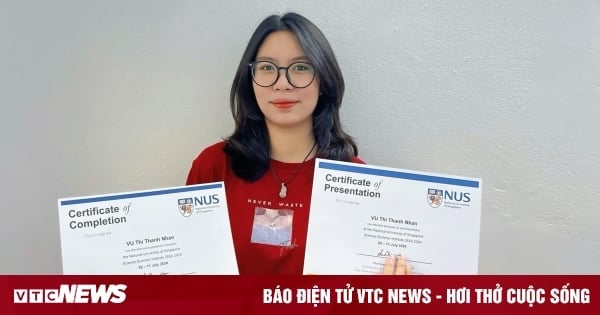

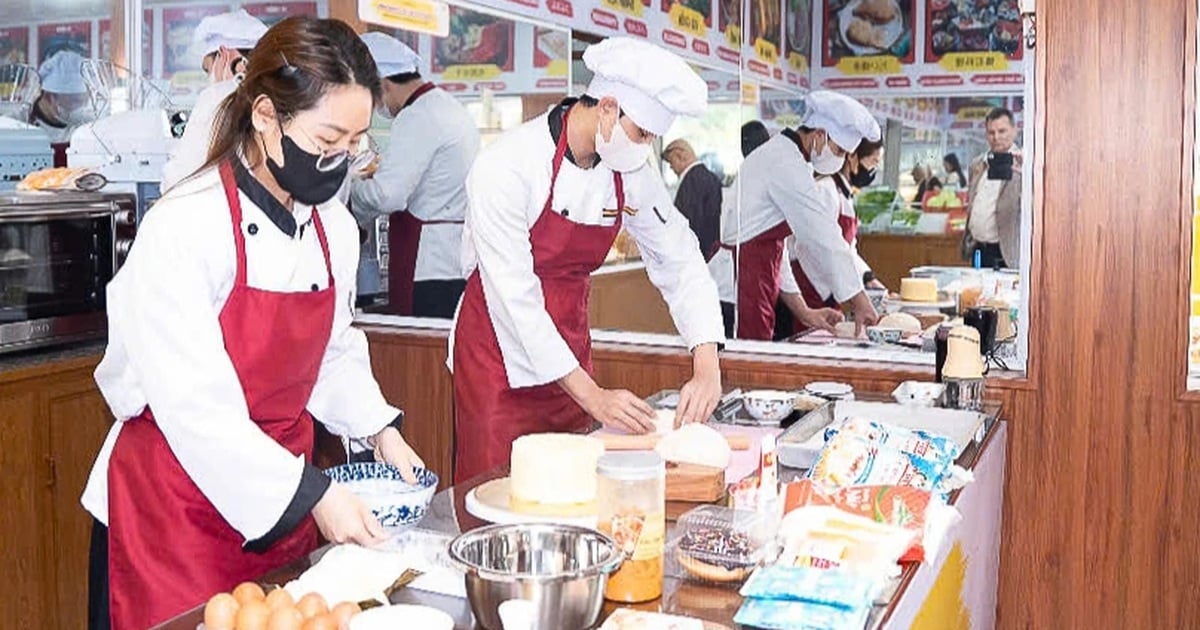




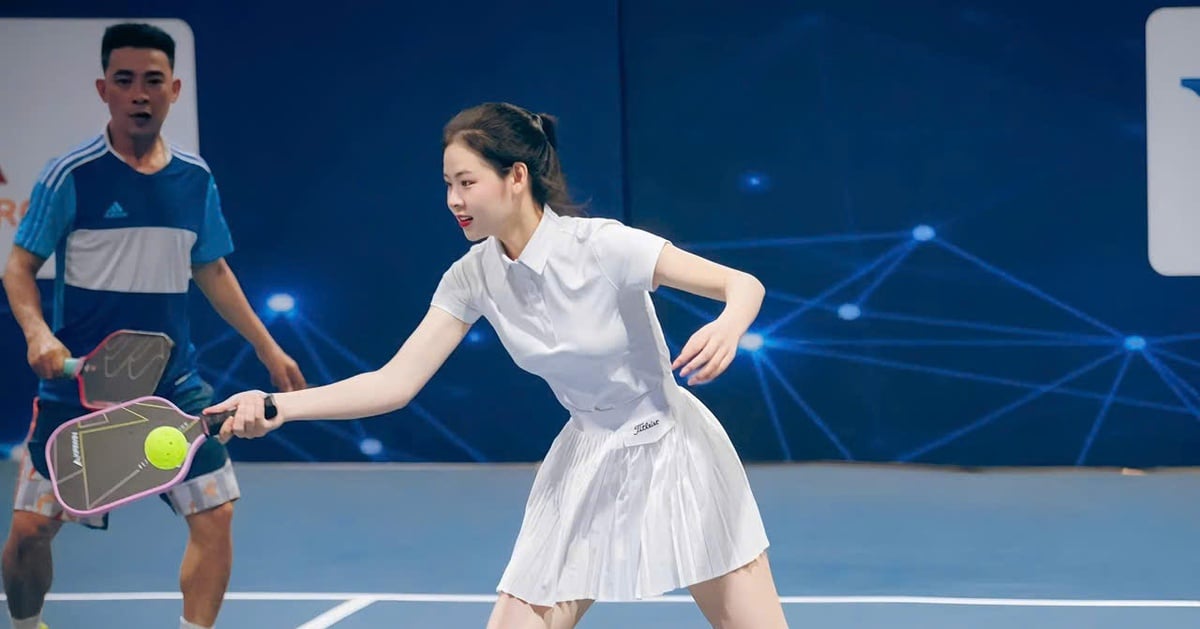
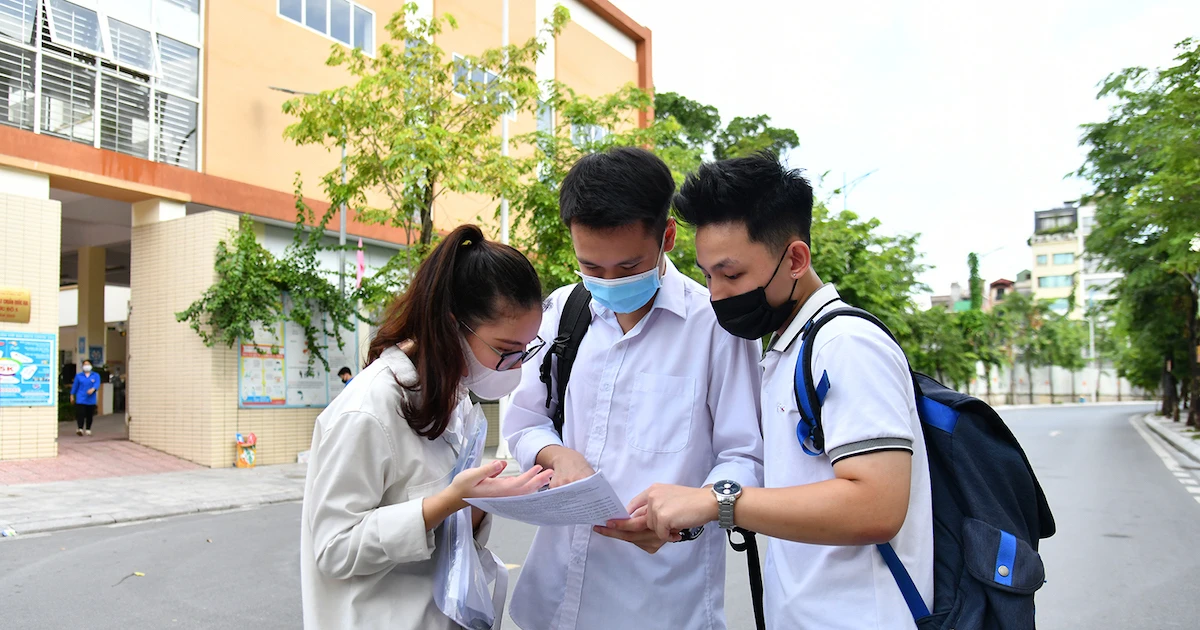
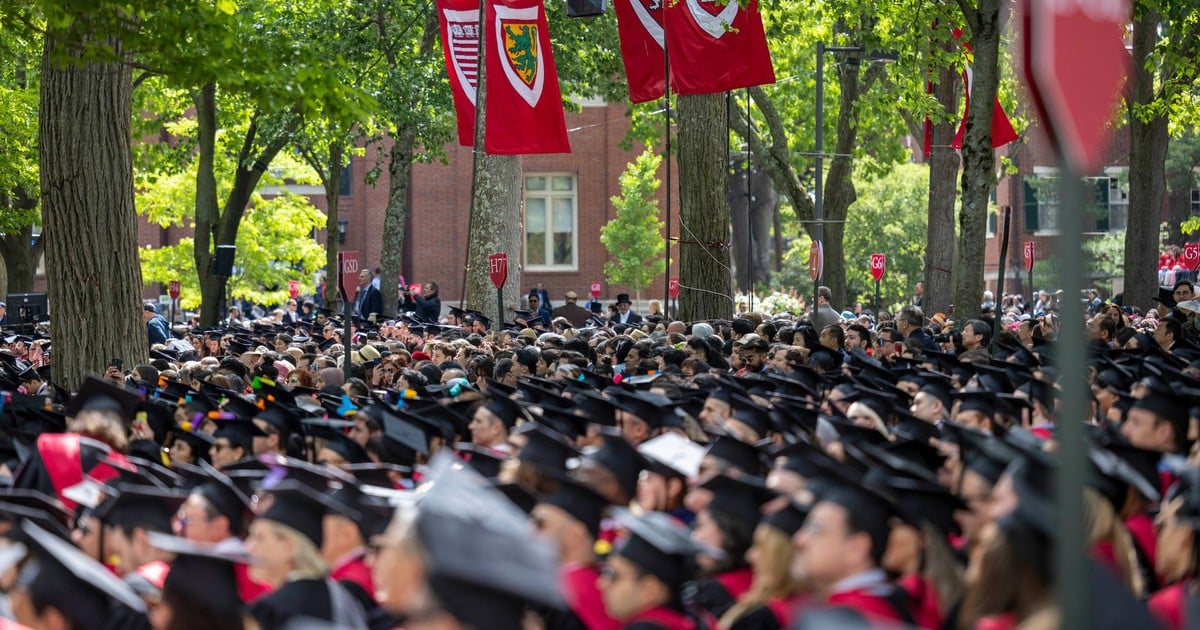

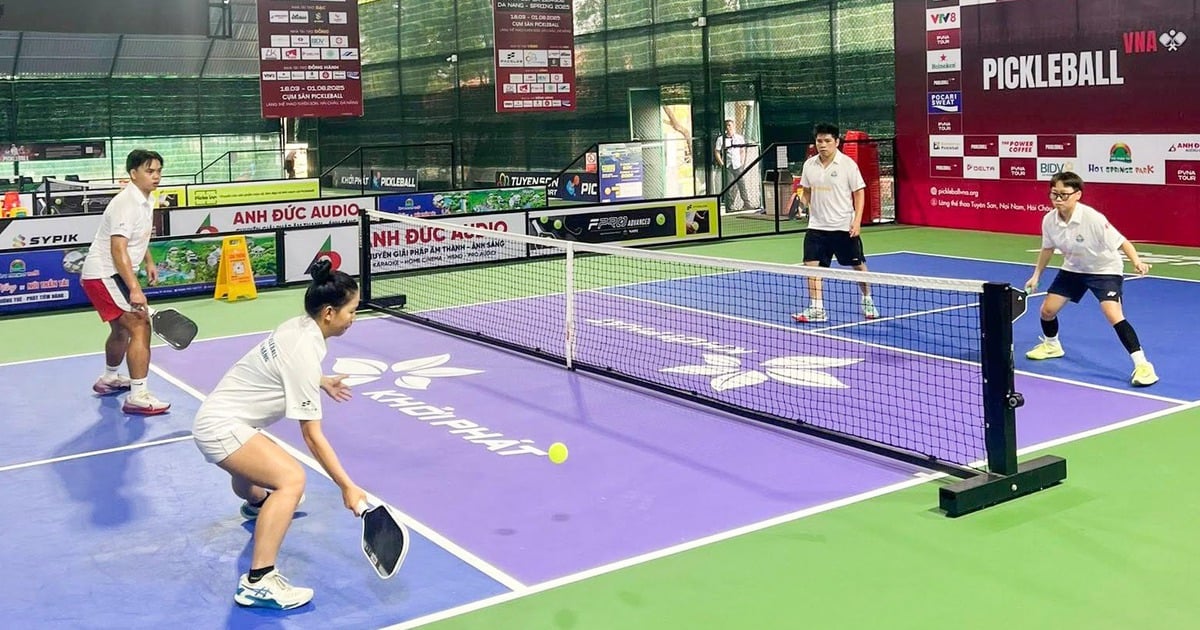
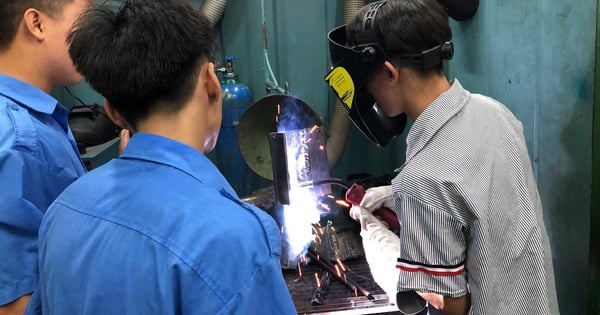










![[Photo] "Beauties" participate in the parade rehearsal at Bien Hoa airport](https://vstatic.vietnam.vn/vietnam/resource/IMAGE/2025/4/11/155502af3384431e918de0e2e585d13a)






























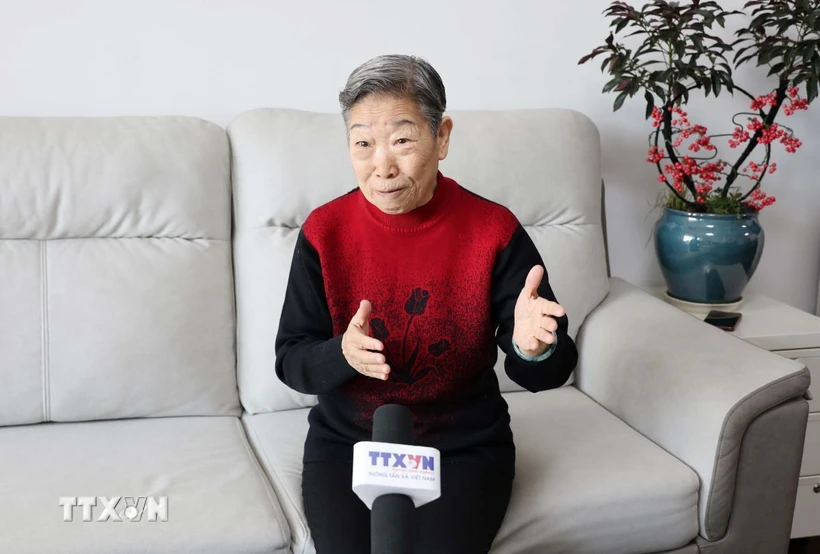











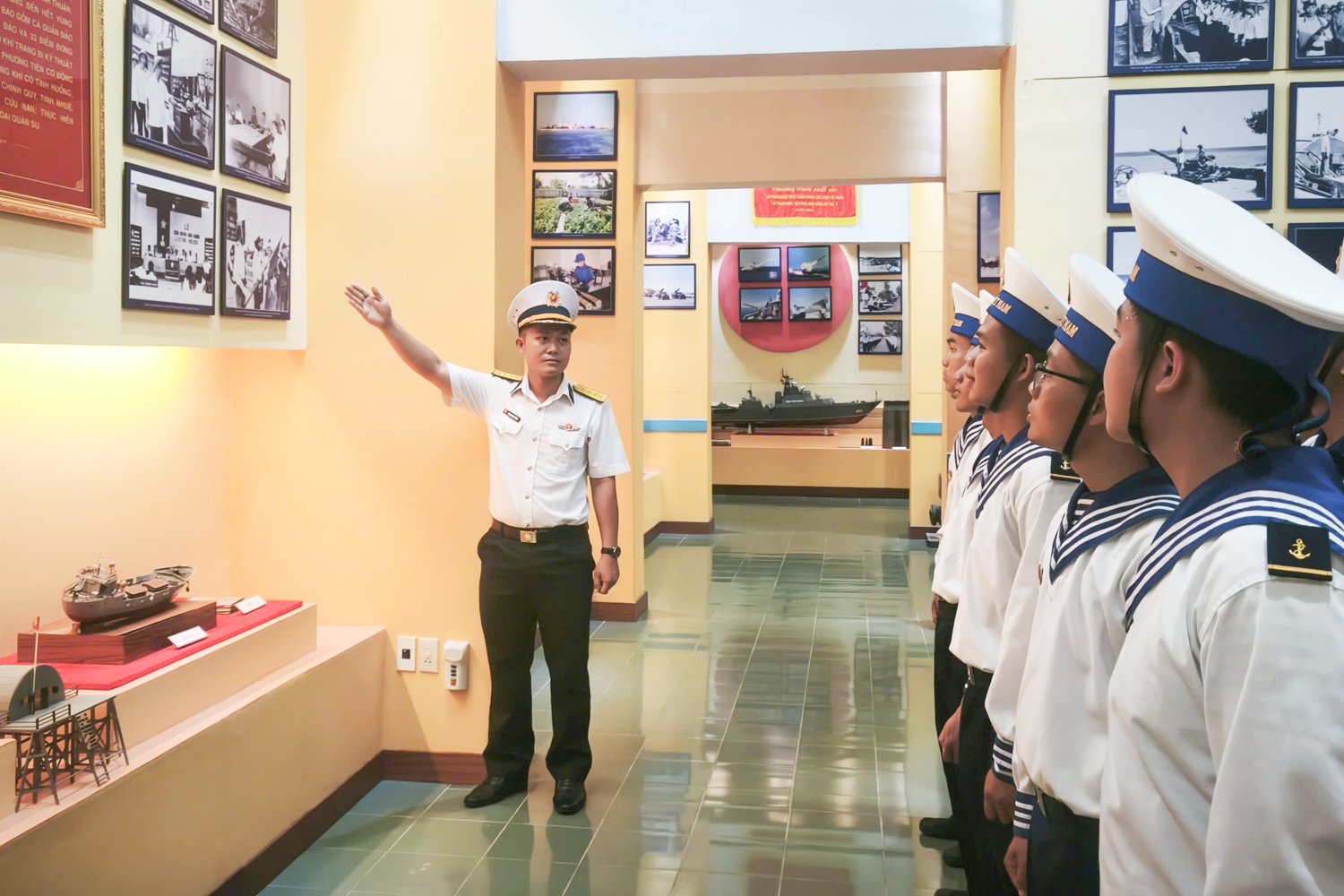

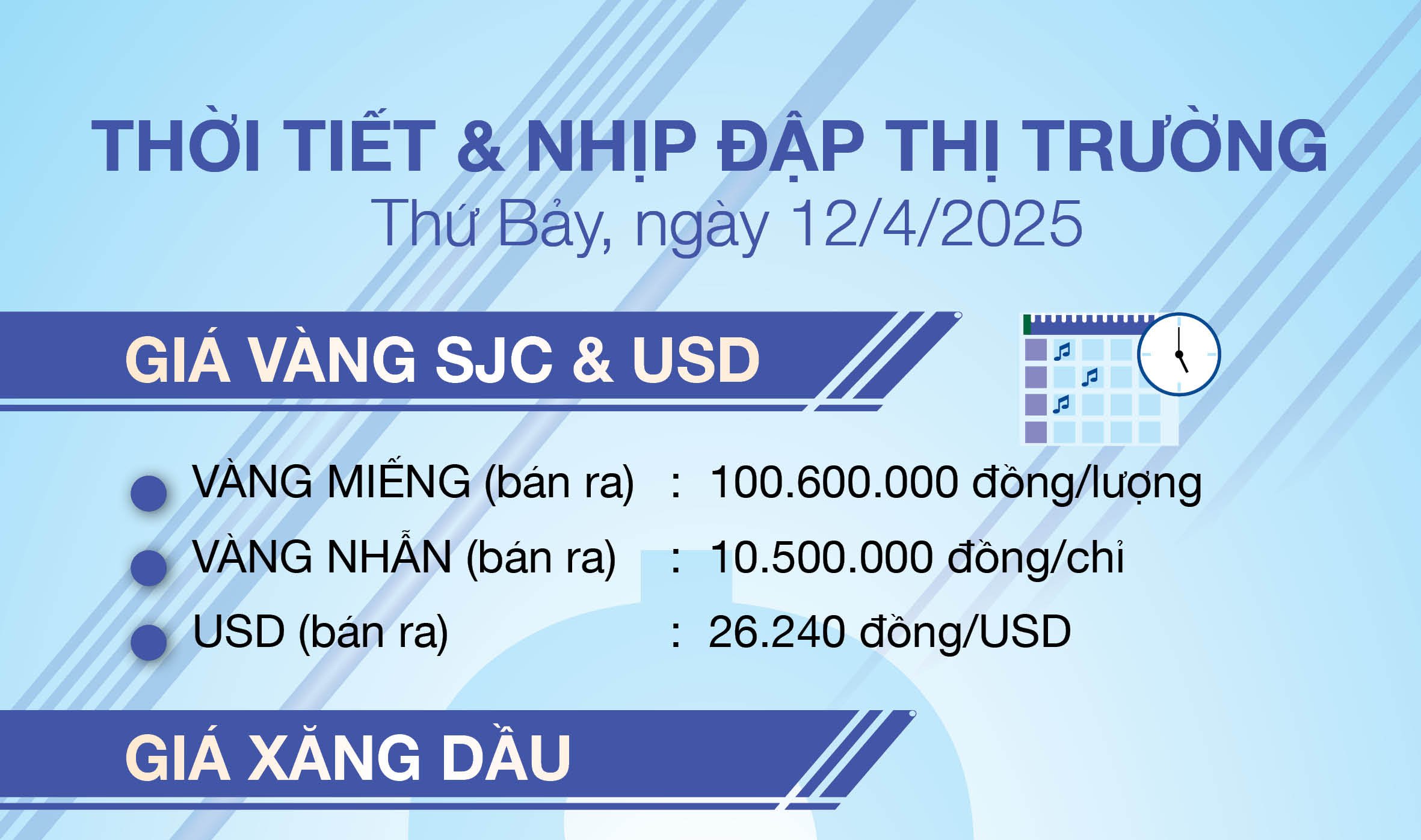

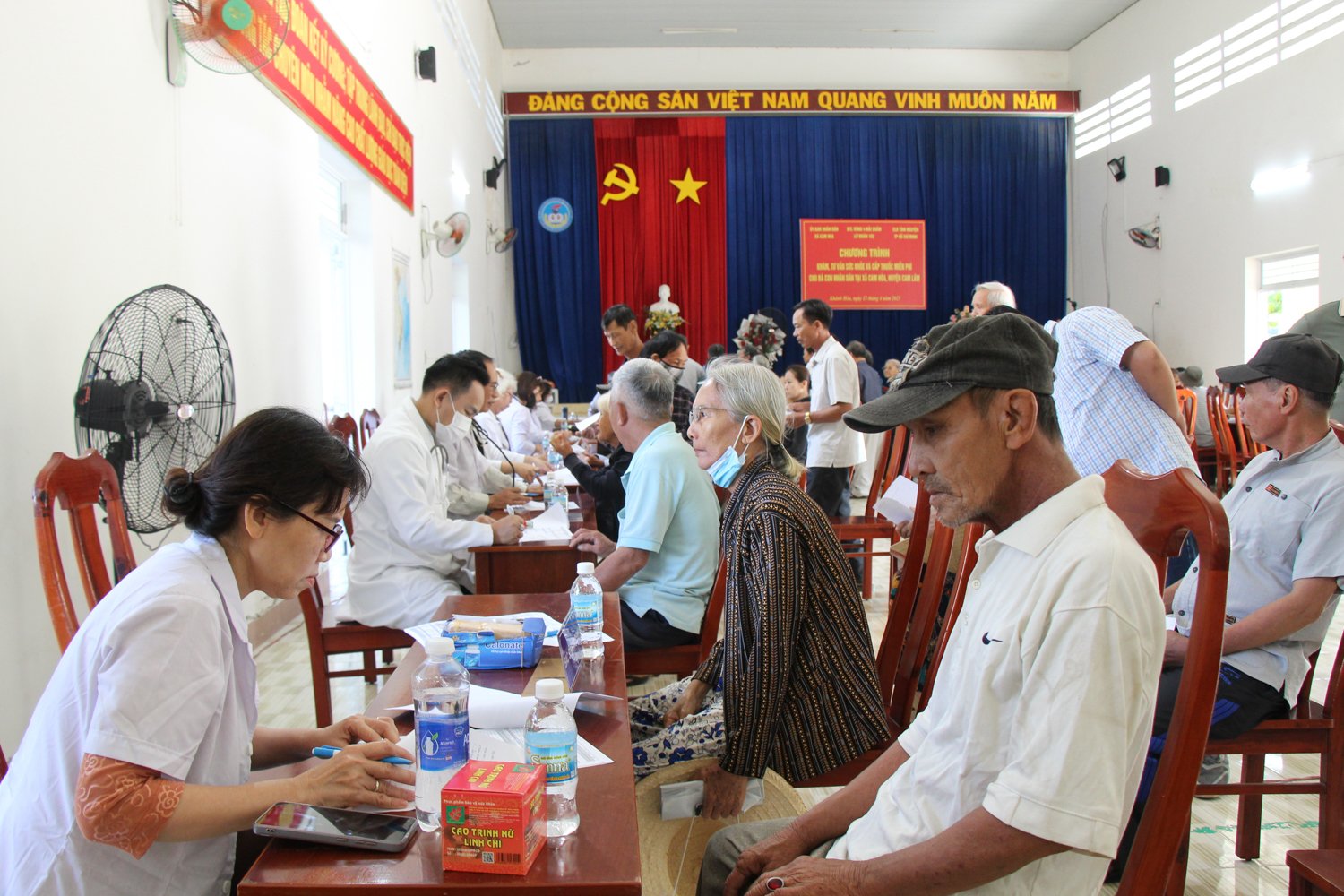
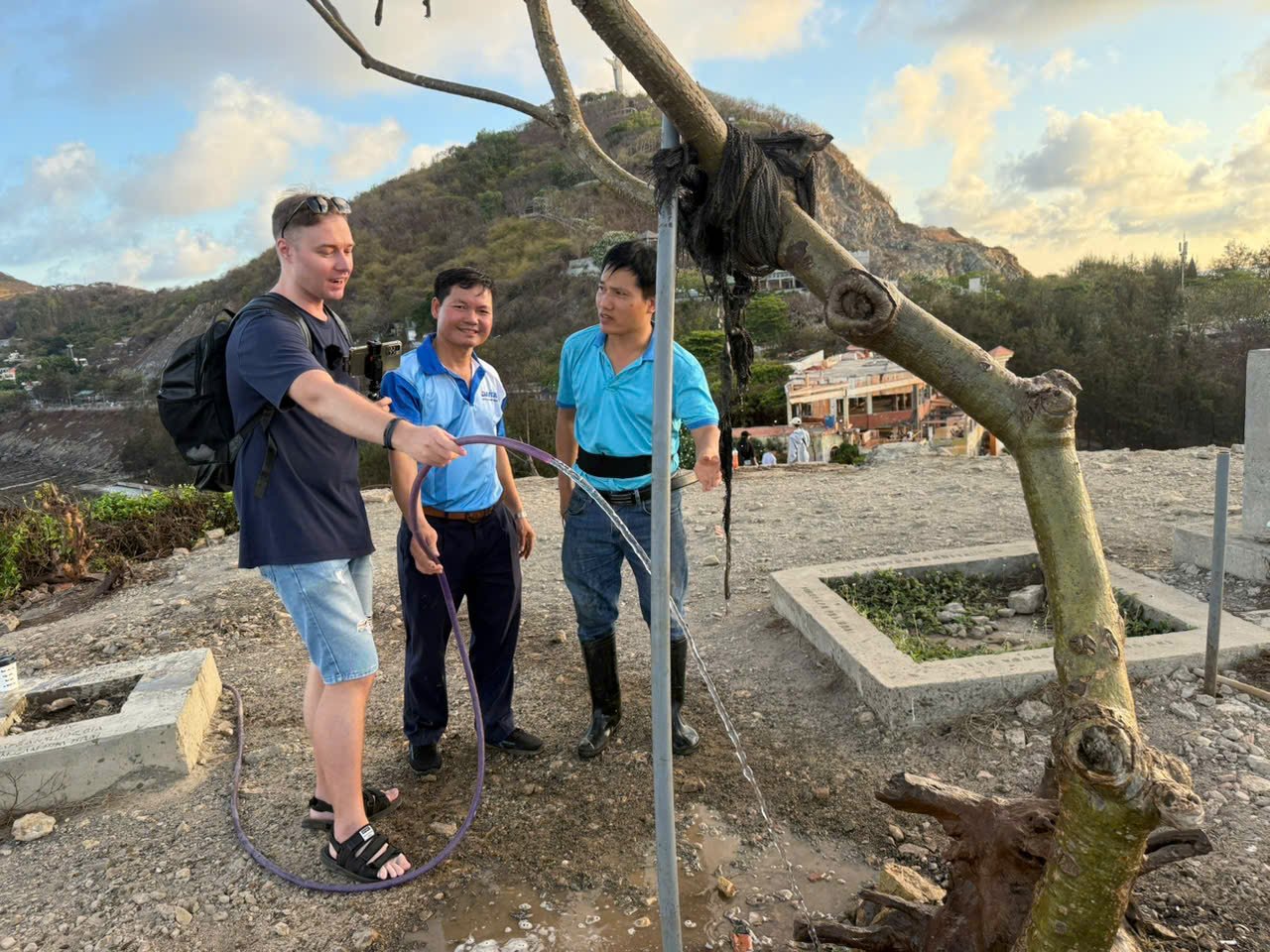
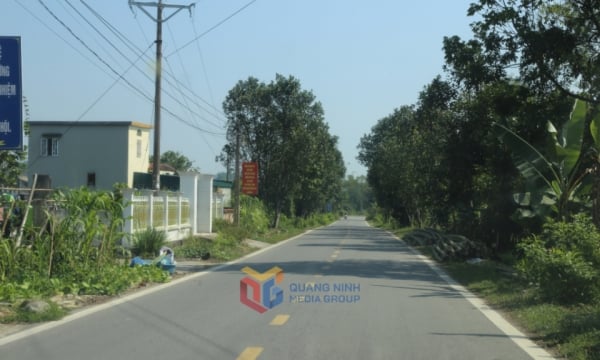

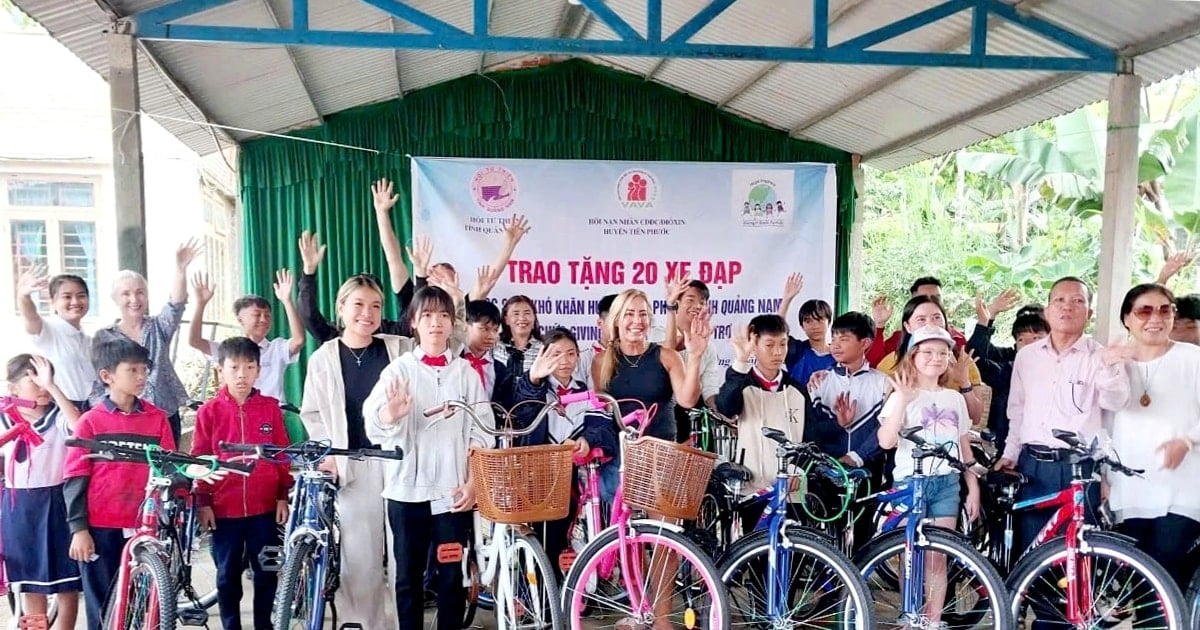












Comment (0)